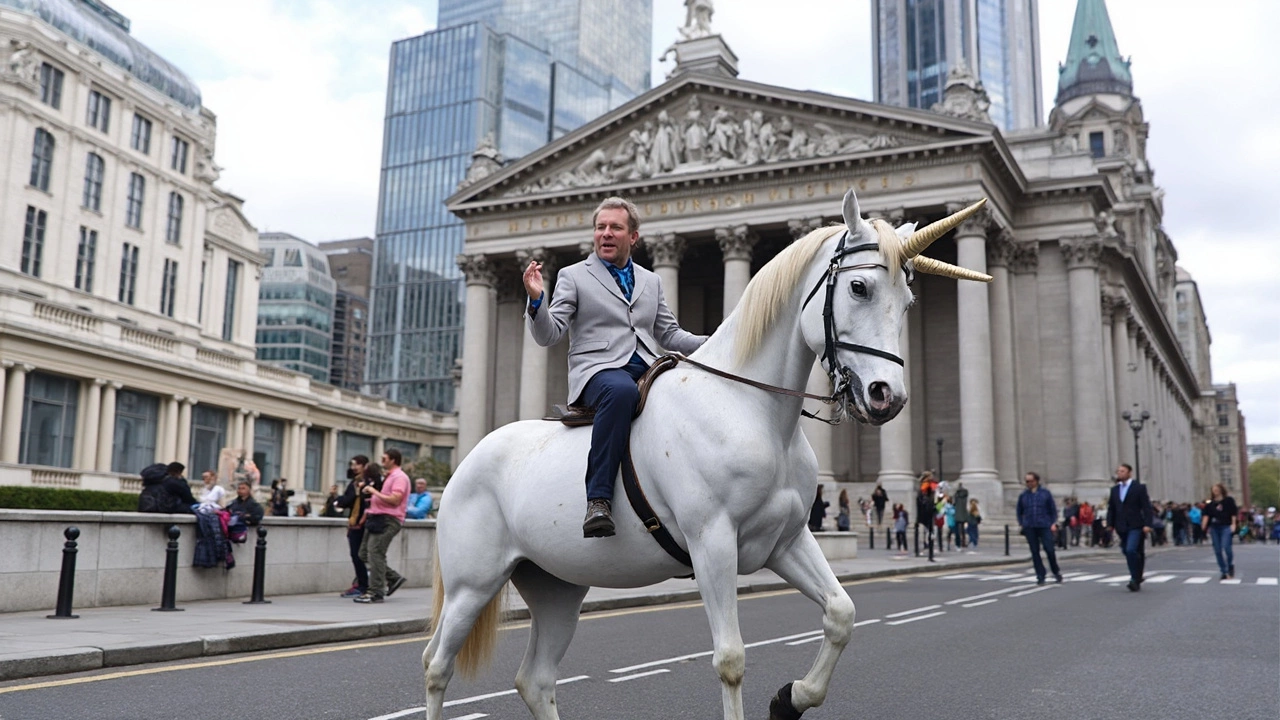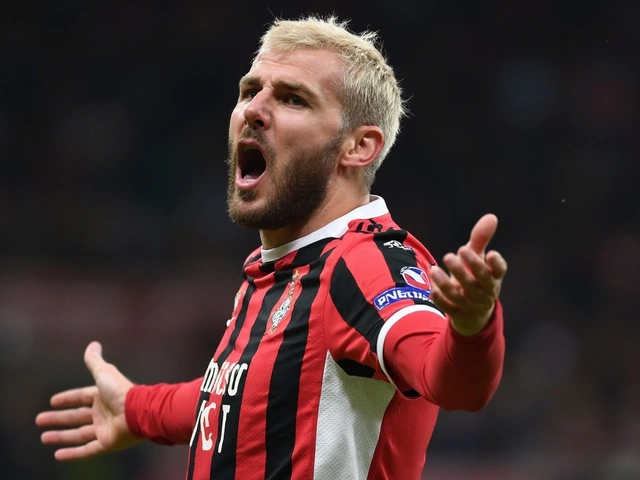BrewDog's James Watt Takes Aim at the UK's Startup Scene
BrewDog’s rise wasn’t just about craft beer or clever marketing—it was about shaking things up. Now, James Watt, who left his CEO post earlier this year, wants to do the same for British startups. His latest move? House of Unicorns, a reality TV show that hands out a game-changing £2 million investment fund to ambitious founders ready to prove themselves in front of the whole country.
Forget the dragons’ lair or tired boardrooms. Watt’s series is about putting the pressure on, with founders facing off in a flat for six intense weeks. Every day is designed to push their ideas, persistence, and personalities to the edge. There’s nowhere to hide: the contestants are tested not only by business veterans but by the viewing public, who control half the prize in live votes. That means it’s not just about building the next financial app or sustainable sneaker – it’s about winning public trust and real loyalty, fast.
The £2 million up for grabs isn’t small change. No other UK reality show has offered such a direct cash shot for new businesses. Watt hopes this sets a new standard, arguing that risk—and not just safe bets—should be the lifeblood of British enterprise. That message comes at a time when many founders say government red tape and conservative banking are holding them back.
From Rejection to Revolution: Disruption at the Heart
James Watt knows how it feels to be snubbed by the establishment. BrewDog once failed to even make it on-screen at Dragons’ Den—today, it’s a £300 million powerhouse. That outsider mentality runs deep in House of Unicorns. Watt wants to see entrepreneurs who ignore the doubters and focus on changing the rules, not following them.
The show borrows as much from pop culture as it does from classic business contests. Watt argues that fame—the ability to create a movement around your product—matters as much as spreadsheets. He’s betting that startups with strong stories and emotional appeal can go further, faster. For him, the unicorn dream (a company worth over $1 billion) isn’t reserved for the privileged few with deep network connections or perfect resumes. Anyone fast, bold, and creative enough could earn a shot at the top.
Watt’s outspoken view is that UK entrepreneurship has lost its nerve. He blames recent government decisions for scaring off would-be founders and putting blockers up for innovators. And he isn’t shy about tackling controversy—from BrewDog’s past pay reductions, which drew fire for clashing with its ‘crew-first’ ethos, to the larger debate about how British companies should treat their people while trying to grow fast.
His pitch with House of Unicorns is simple: open up serious funding, put the pressure on, and let public excitement do the rest. The real test? Whether Britain’s next generation of unicorns is ready to break free from tradition and chase that billion-dollar mark—with millions watching their every move.




